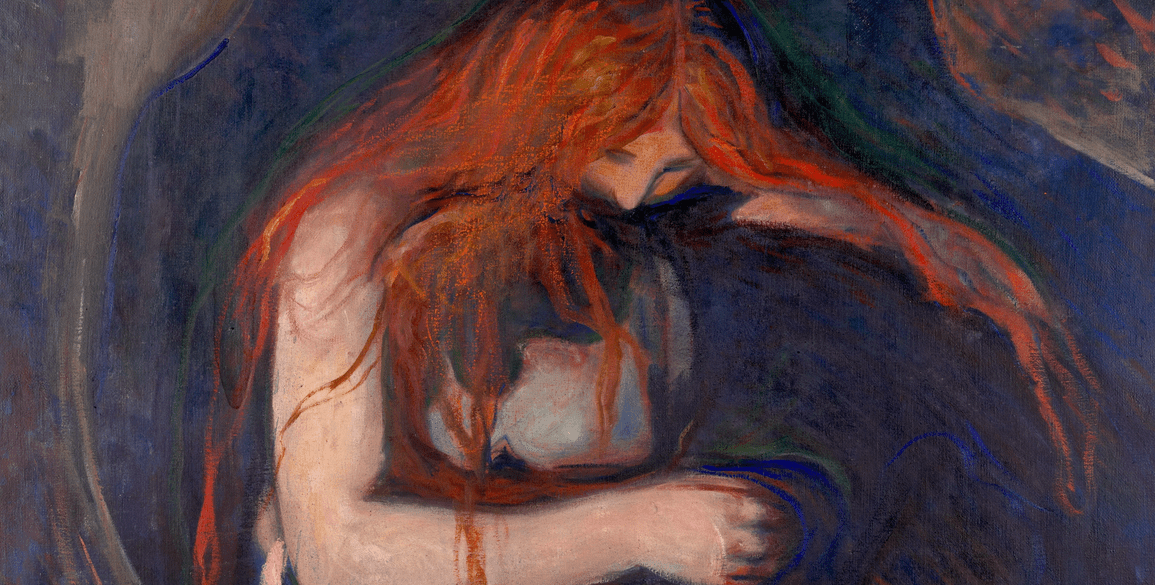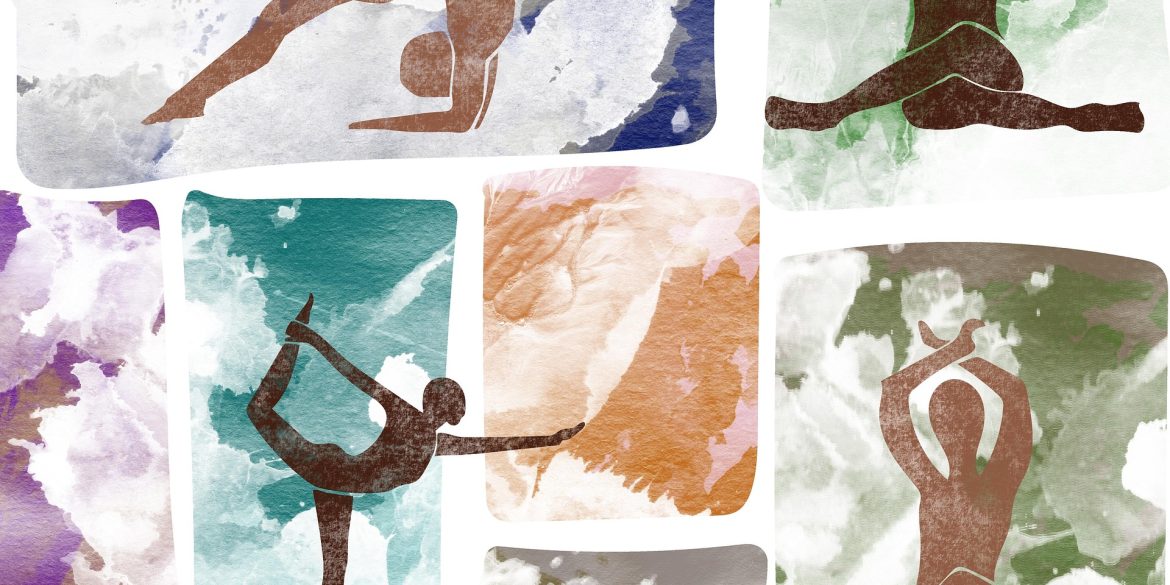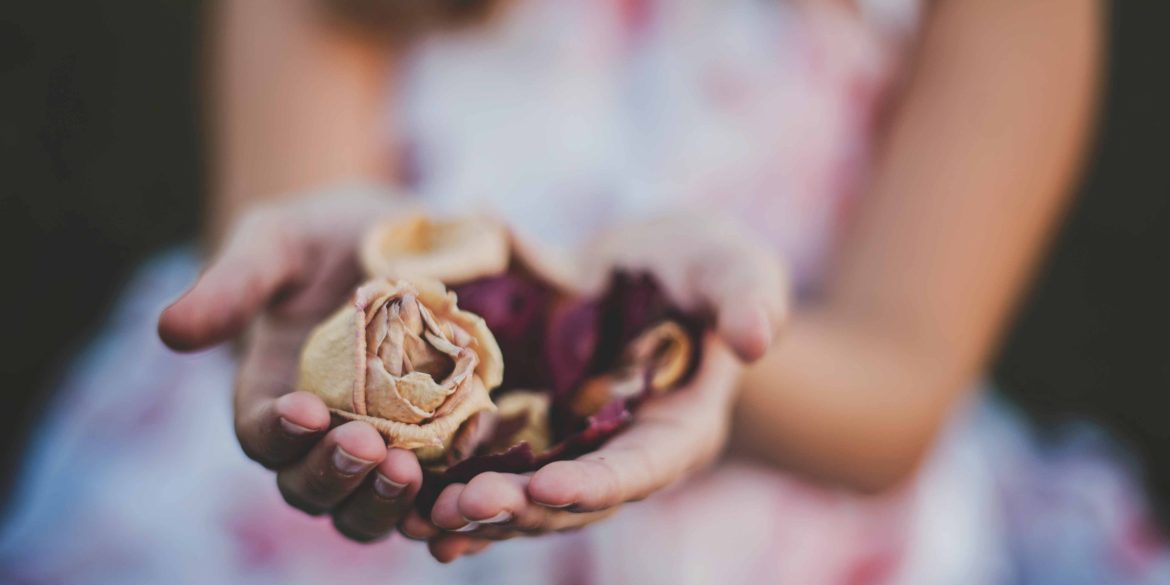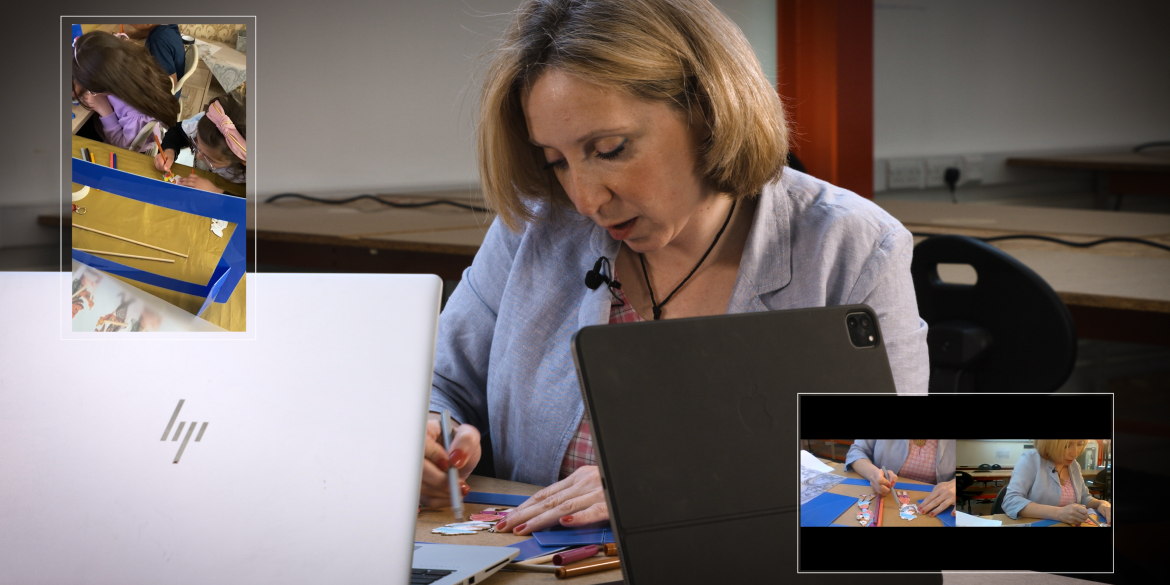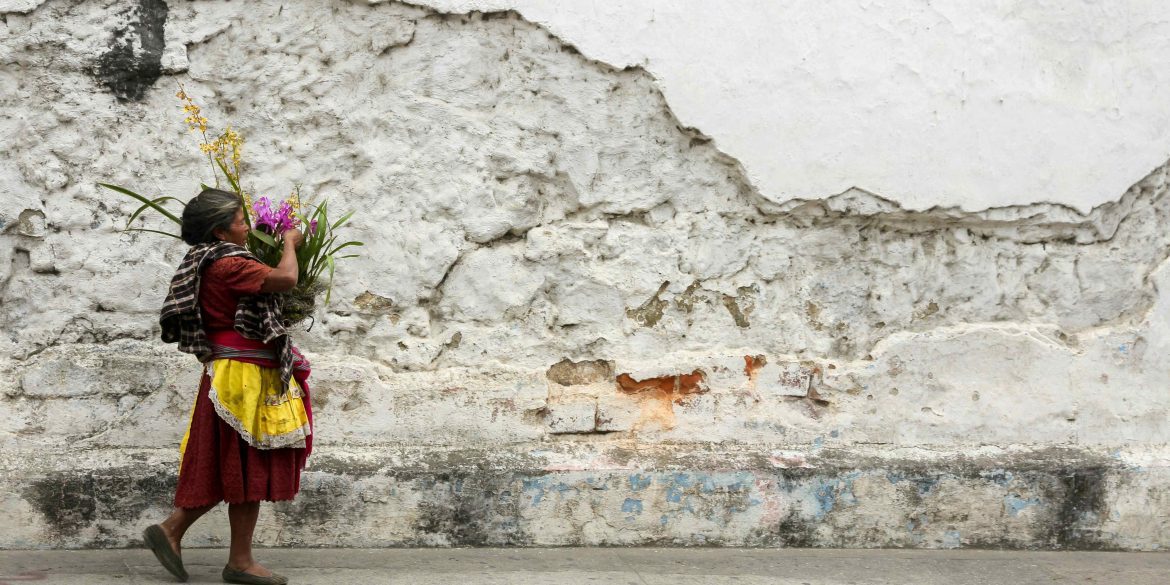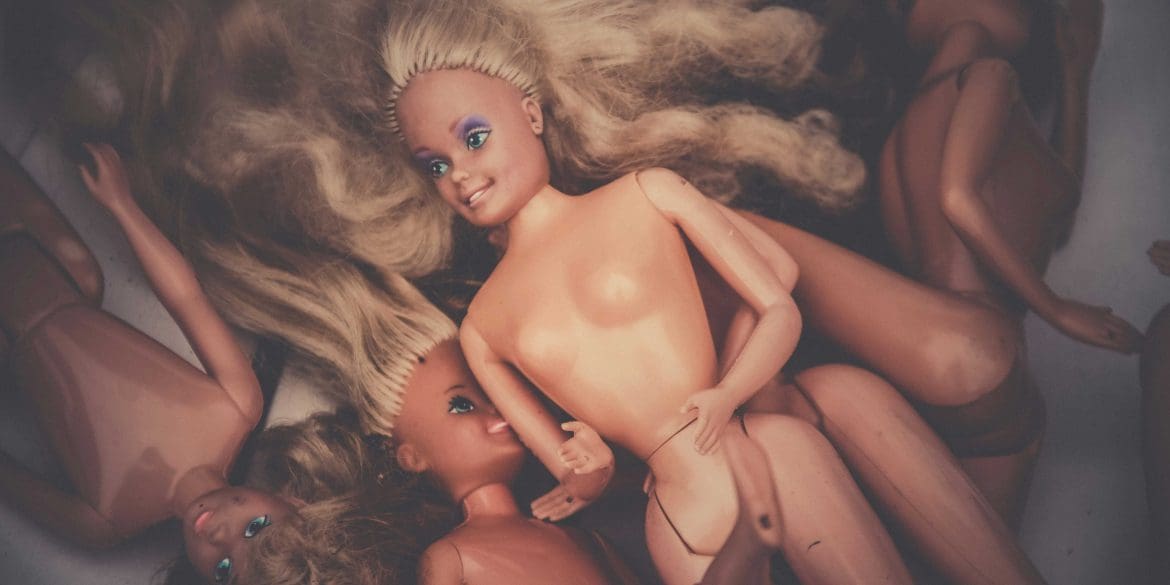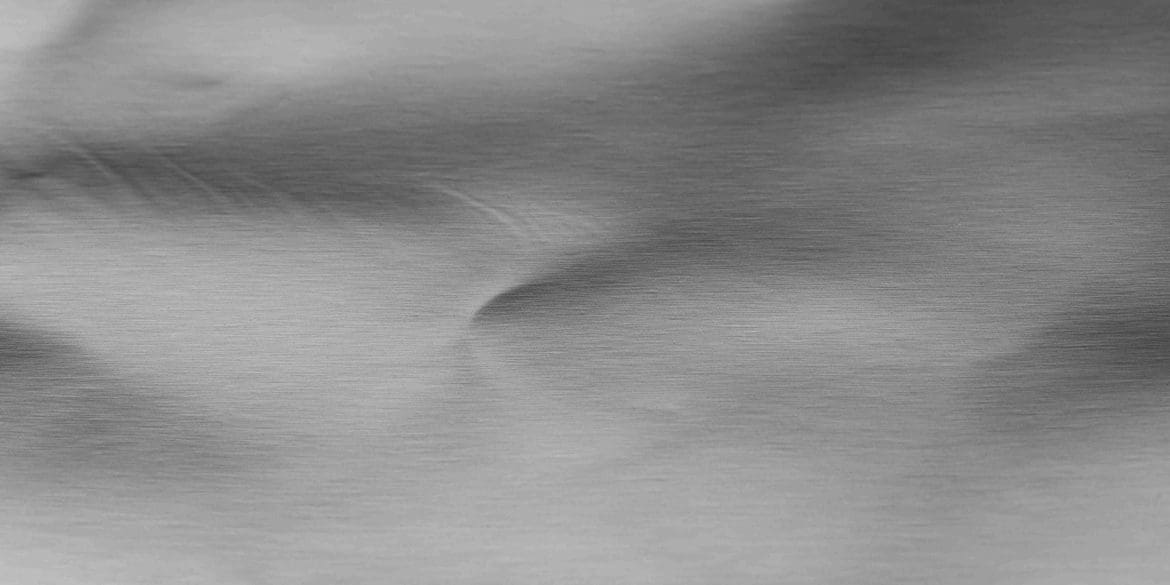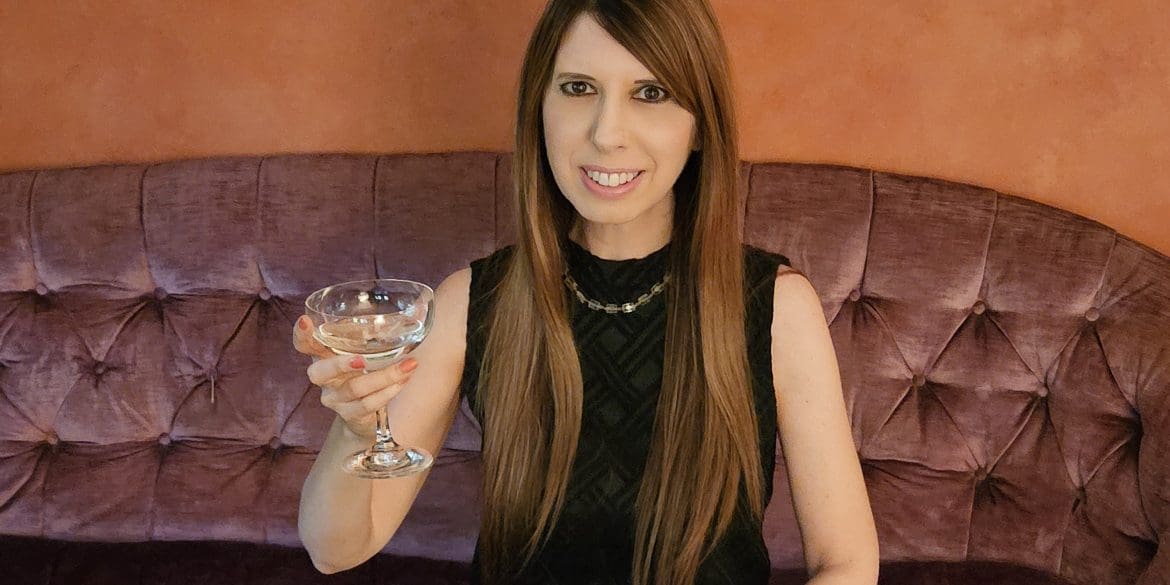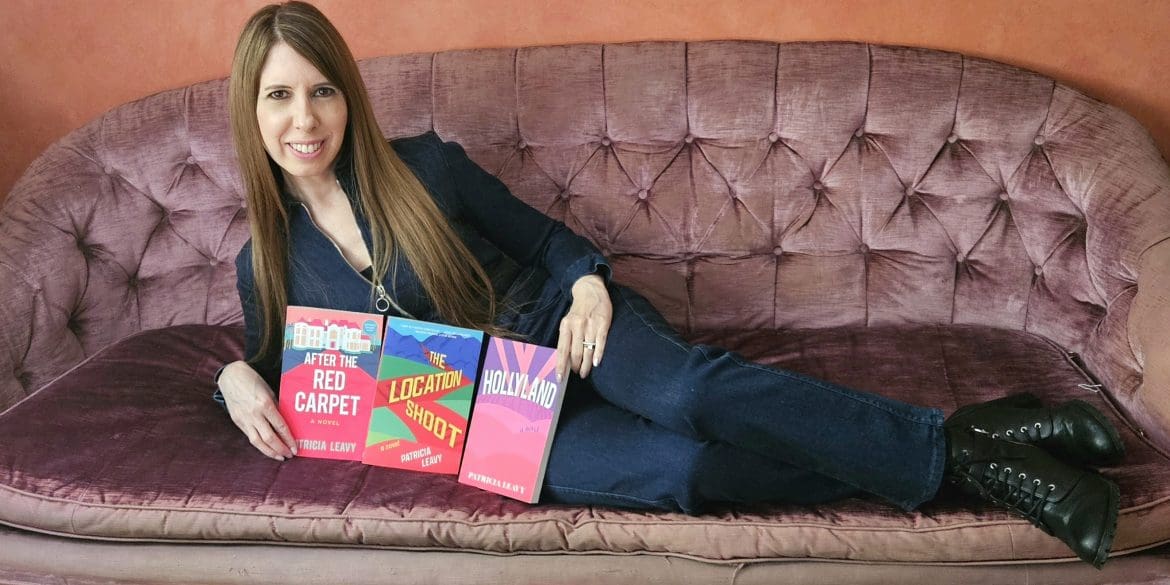Through our collaborative autoethnography, we learned that intentionally spending time with grief is well worth the effort.
This essay is about my experience teaching yoga in a California prison.
In Breaking Free: Reclaiming Authenticity in a Capitalist World, I reveal how I overcame my mental health challenges and reconnected with my true self discovering the benefits of holistic therapies and shamanic healing.
The Karen Disorder: Breaking Free from the Chains of Institutional Labels emerges from my research in the field of illness and identity.
This essay describes my experiences of the arts during the Covid-19 when arts and culture organizations had to pivot to virtual offerings.
Syrian Identity and Academic Self: Emerging Research or Ruthless Methodology seeks to illuminate a personal reflection that sparked a unique line of inquiry, ultimately leading to an innovative exploration within my research project.
I channel Kincaid’s ironic and critical tone, while atoning for my failures to recognize dominant racist and classist discourses.
This piece, Hot Pink Truth Serum of My Trauma, is an autoethnography that speaks to the cultures and communities of survivors of childhood sexual abuse and violence.
Can a colorless person have any sense of what it feels like to be prejudged against, before “the you - inside yourself” opens your eyes in the morning?
Written by a white, cisgender, male yoga practitioner and newly qualified teacher from a working-class, Northern English background, this account seeks to elucidate upon how the issues noted may manifest.
Patricia Leavy·
All ContentAutoethnographic EssaysCelebrating Dr. Patricia Leavy's Social Fiction 2024Special Issues
··6 min readStory-worlds were magical—they transported me to different places where I’d meet new people, and learn about their lives in visceral ways.
Patricia Leavy·
All ContentAutoethnographic EssaysCelebrating Dr. Patricia Leavy's Social Fiction 2024Special Issues
··30 min readIn Part One, I situated my work within the context of the work of writers. Now, I’m situating my work within the context of women writers.


